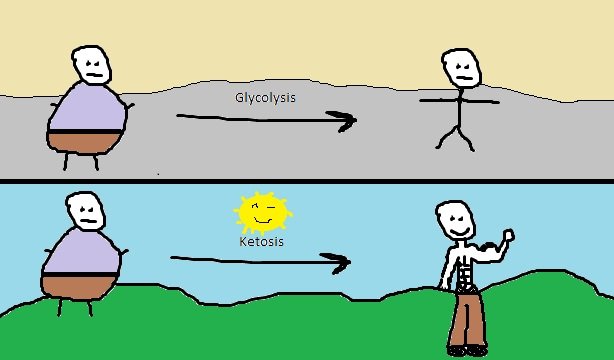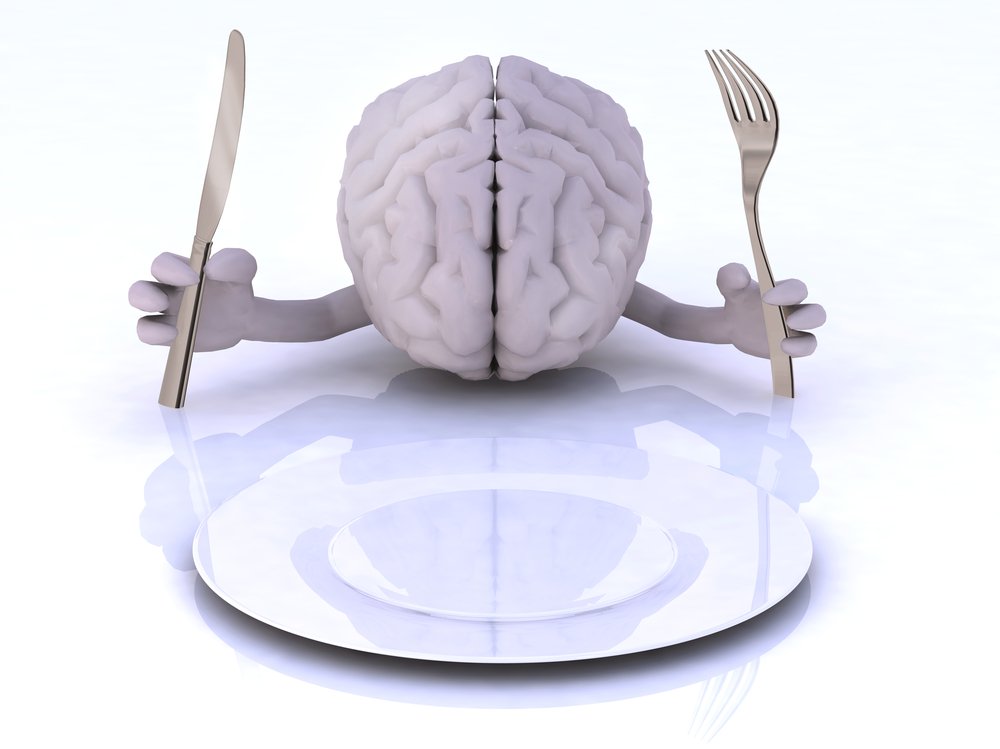Table of Contents (click to expand)
Although a person can last from 20-60 days without eating anything, human bodies almost all give up within 40 days. However, there have been cases of hunger strikes around the world where people managed to go 70 days without eating anything at all
We’ve all had one of those days when we get too angry about something and decide to vent that anger on our food intake; either we go into a mode of uncontrolled binge eating or we don’t eat at all. Somehow, we always know that we won’t starve to death, as consciously or subconsciously, we know that there is a big fat pizza lying on the table in the other room.
However, have you ever wondered about the scenario of an extended period of non-eating? What would happen to your body if you were to stop eating altogether?
Smooth 6 Hours
This happens almost daily with most people. We have a meal, and then there is usually a gap of a few hours before we eat again. Although it’s said that this kind of habit is unhealthy and that one shouldn’t take long breaks between meals. But who actually listens to that?
For the first 6 hours of your hunger, everything is perfectly normal. Your body wouldn’t know anything about your evil intentions. The glycogen in your body, which is responsible for storing energy, is broken down through metabolism to form glucose, the thing you need the most to perform all your functions normally. Glucose is the thing that your body uses as fuel.
Now, 25% of the energy is used by the single most important organ in your body: your brain. It gobbles up a major chunk of the energy, and the remaining is primarily used by your muscle tissues and red blood cells.
Also Read: If We Go To Sleep Hungry, Why Do We Wake Up Feeling Less Hungry?
After 6 Hours: I’m Hungry!
After 6 hours of not eating, the above method of production of energy (using glycogen) has to change, as the glycogen stores are expending fast. This is when you begin to feel hungry, and a bit agitated too. The body now uses another method to sustain itself, which is called ketosis.

Ketosis is a state of the body when most of the body’s energy supply comes from the ketone bodies present in the blood (this is different from glycosis, the production of energy from glucose).
Since there is a limited amount of glucose now in the blood, the body has to depend on fat to produce energy. Fat is then broken down into fatty acids, but it’s not particularly easy.
The problem is that your brain cannot use the long-chain fatty acids that are produced in this way. Therefore, the brain being so smart, as we already know, it changes its approach a bit. It now uses the ketones present in your blood to keep you from meeting your maker.
Only 75% of your energy requirements can be met by this method. As a result, the cognitive functioning of an individual begins to decrease.
‘I Need Glucose’, Said The Brain
The above measure is only temporary, as the brain still requires glucose to continue functioning. Beyond this, your mood and energy will suffer severely. This will be the time when you feel weak and unable to do many things, including both mental and physical tasks.

In order to produce glucose for energy, the body starts to use proteins stored in the body. Now, proteins are most commonly associated with one’s muscle mass, so you’re right to think that gobbling up your own protein will have a negative impact on your muscle mass. Proteins release amino acids, which can be converted into glucose; this is good news for brain, but extremely bad news for your body and physical appearance.
Such a rapid depletion of the body’s proteins will result in a weakening of the entire body, diminishing muscle mass, and decreased libido. In women, this can result in a total shutdown of the menstrual cycle.
The Final Days
Within a few days, the immune system will take a severe hit in the absence of important vitamins and minerals. Eventually, it will give up and the individual will become susceptible to many pathogens, illnesses, and eventually a complete breakdown.
In some cases, the body will continue to gobble up all the resources until there is no fat, muscle, or glucose reserves left in the body. Such people may die of heart attacks, due to severe tissue damage in the heart and other vital organs.
How Long Can Someone Live Without Food?
There is a wide range of durations in which people can die of starvation. The starvation rate also depends on how much water one drinks and how much fat reserves are in the body. Although a person can last from 20-60 days without eating anything, human bodies almost all give up within 40 days. However, there have been cases of hunger strikes around the world where people managed to go 70 days without eating anything at all.
Now that you know what your body has to constantly go through to keep you up and running, are you feeling thankful yet? Now go have a snack and get some of those energy reserves back!
Also Read: How Long Can You Survive Without Water?
How well do you understand the article above!

References (click to expand)
- Integration of Metabolism - www.tamu.edu
- Effect of starvation and very low calorie diets on protein .... United Nations University
- C CH —. Chapter 6 Starvation and Diabetes Mellitus - Rose-Hulman. Rose-Hulman Institute of Technology
- Food Intake and Starvation Induce Metabolic Changes - Biochemistry - NCBI Bookshelf - www.ncbi.nlm.nih.gov
- Elliott, B., Mina, M., & Ferrier, C. (2016, January). Complete and Voluntary Starvation of 50 Days. Clinical Medicine Insights: Case Reports. SAGE Publications.
